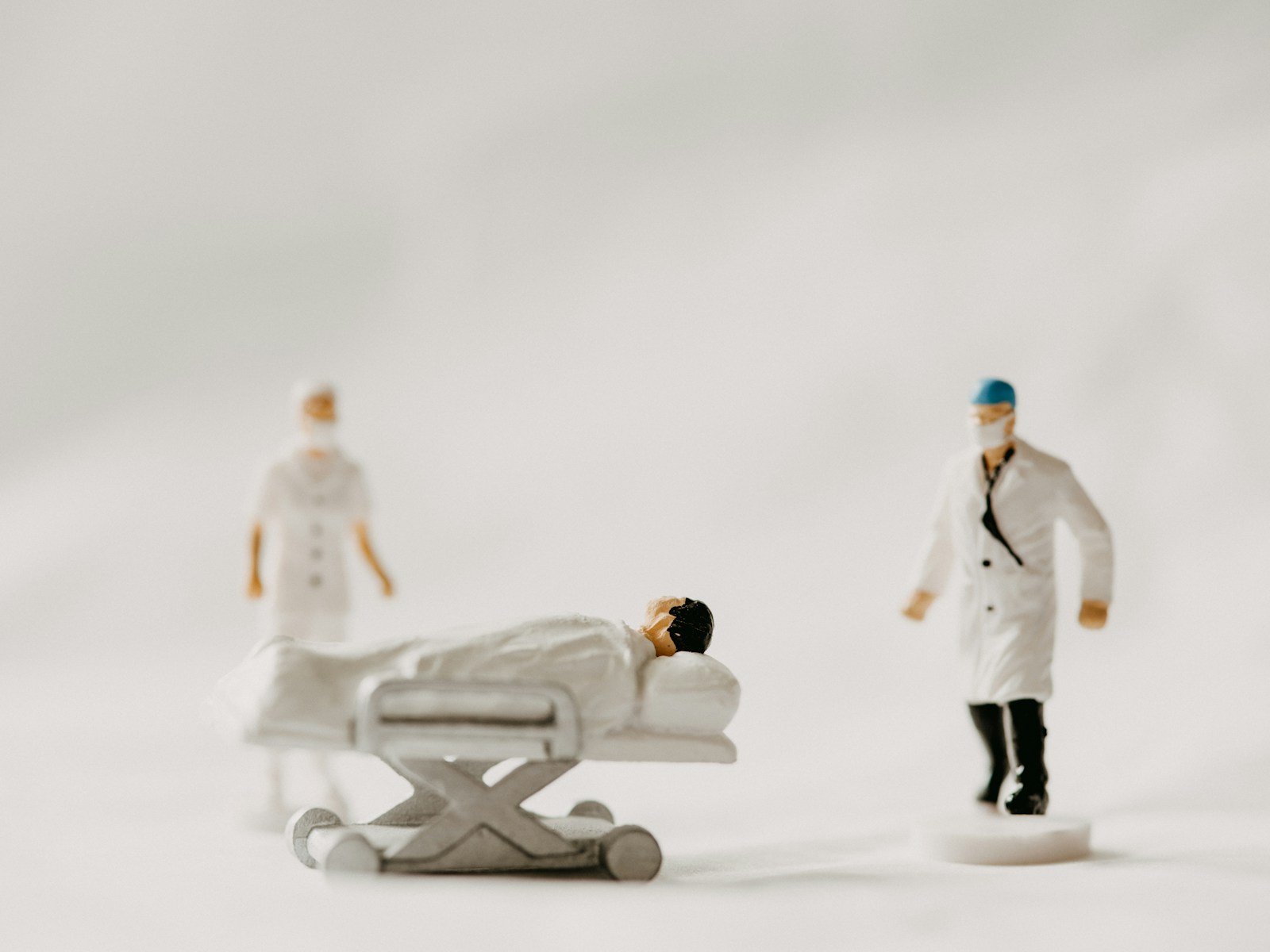
Eye-opening data about cancer and cannabis
The renowned Fred Hutch Cancer Center has just released good news about cancer and cannabis
The World Health Organization (WHO), the American Medical Association (AMA), Harvard, the Mayo Clinic and others agree that medical marijuana can help cancer sufferers. But the prestigious Fred Hutch Cancer Center recently released some surprising data. It's also a sign that the U.S. government should move cannabis and research into the mainstream more quickly to understand and expand its medical benefits.
RELATED: Science Says Medical Marijuana Improves Quality of Life
Named after baseball player Fred Hutchinson, who died of lung cancer at age 45, his brother founded what is now known as the Fred Hutchinson Cancer Center. It is dedicated to research into cardiac surgery, cancer and diseases of the endocrine system. Scientists at the Fred Hutch Cancer Center examined cannabis use among their cancer patients in a recent study.
Photo by KLH49/Getty Images
The study, published in the journal Cancer Causes & Control, used the Pacific Northwest Cancer Registry to identify 1,515 patients diagnosed between April and December 2020. More than 40% of patients reported using cannabis after their cancer diagnosis. Research has shown that marijuana may be effective in treating nausea and vomiting due to cancer chemotherapy. Additionally, it may be helpful in treating neuropathic pain. There is extensive knowledge and many options for patients to find out how to use medical marijuana.
Fred Hutchison researchers found that most patients consumed edibles (60.5%) or smoked them (43.8%). The most commonly cited reasons for use in the survey were sleep (54.5%), mood, stress, anxiety and depression (44.3%), followed by pain (42.3%).
Patients undergoing chemotherapy often take anti-nausea medication, but may supplement with cannabis if the medication proves ineffective. In addition, cannabis is sometimes used to stimulate appetite in patients or to treat insomnia (cancer medications often contain steroids, which can cause insomnia).
RELATED TOPICS: California or New York, where is the biggest marijuana chaos?
Lead author Mimi (Trucmai) Ton, MPH, shared, “Approximately half of those who used cannabis after their cancer diagnosis reported using it at least several times per week during cancer treatment.”
Co-author Jaimee Heffner, PhD, director of Fred Hutch's TReHD (Tobacco-Related Health Disparities Research Group), explained, “The general prevalence of cannabis use was a little eye-opening.”
What is not surprising are the soothing and non-addictive properties that come with medical marijuana administered correctly and in the right dosage.

Post a comment: